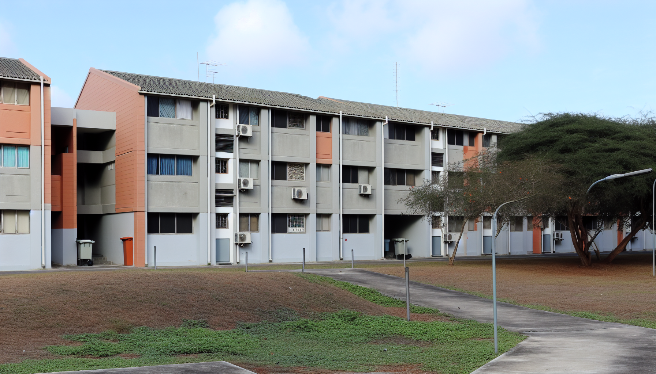Housing is a basic human necessity, but for many, it’s a luxury they can struggle to afford. As someone who’s lived to tell the tale of housing woes, trust me when I say that understanding affordable housing laws can be a game-changer. So, let’s break them down together.
Understanding Affordable Housing
Affordable housing is usually defined as housing that is deemed affordable to those with a median household income. However, definitions can widely vary depending on local laws and income levels. The rule of thumb is that housing should not take up more than 30% of your income, but anyone who’s had to apartment hunt in a big city knows that’s sometimes wishful thinking.
Rent Control and Stabilization
Some cities have rent control or rent stabilization laws, which can be a saving grace. These laws limit how much landlords can increase rent each year. While they can help keep housing costs down for certain tenants, critics argue they discourage landlords from maintaining properties and can lead to a shortage of rental housing.
Inclusionary Zoning Policies
Inclusionary zoning requires developers to make a certain percentage of housing units in new or rehabilitated buildings affordable for low- to moderate-income residents. As someone who’s seen developments pop up like mushrooms, I know the impact these policies can have. They can help integrate affordable units into pricier neighborhoods, promoting diversity.
Government Subsidies
Government programs like Section 8 or housing vouchers are critical for those who need financial assistance to afford a place to live. These subsidies often cover a portion of rent, making it possible for low-income families to live in better housing than they might afford on their own. Stay on top of application deadlines and eligibility criteria—the effort is worth it.
Impact on Communities
Affordable housing laws are intended to benefit communities by providing stable homes for residents, which in turn can improve neighborhood stability and quality of life. But not everyone agrees. Naysayers point out that affordable housing laws can put strains on local resources or lead to economic segregation by pushing market-rate housing costs higher.
Navigating the System
The key to benefiting from affordable housing laws is understanding them. I’ve learned you have to be proactive. Keep track of any housing lotteries, join local housing advocacy groups, and don’t be afraid to ask a lot of questions. Knowledge is power, and when it comes to finding affordable housing, it’s your best resource.
Remember, every experience with the housing market is as unique as a fingerprint. Stay informed, stay persistent, and don’t lose hope. There are resources and protections out there, and with a bit of grit and a lot of know-how, you can navigate the system to find a home that doesn’t break the bank.



